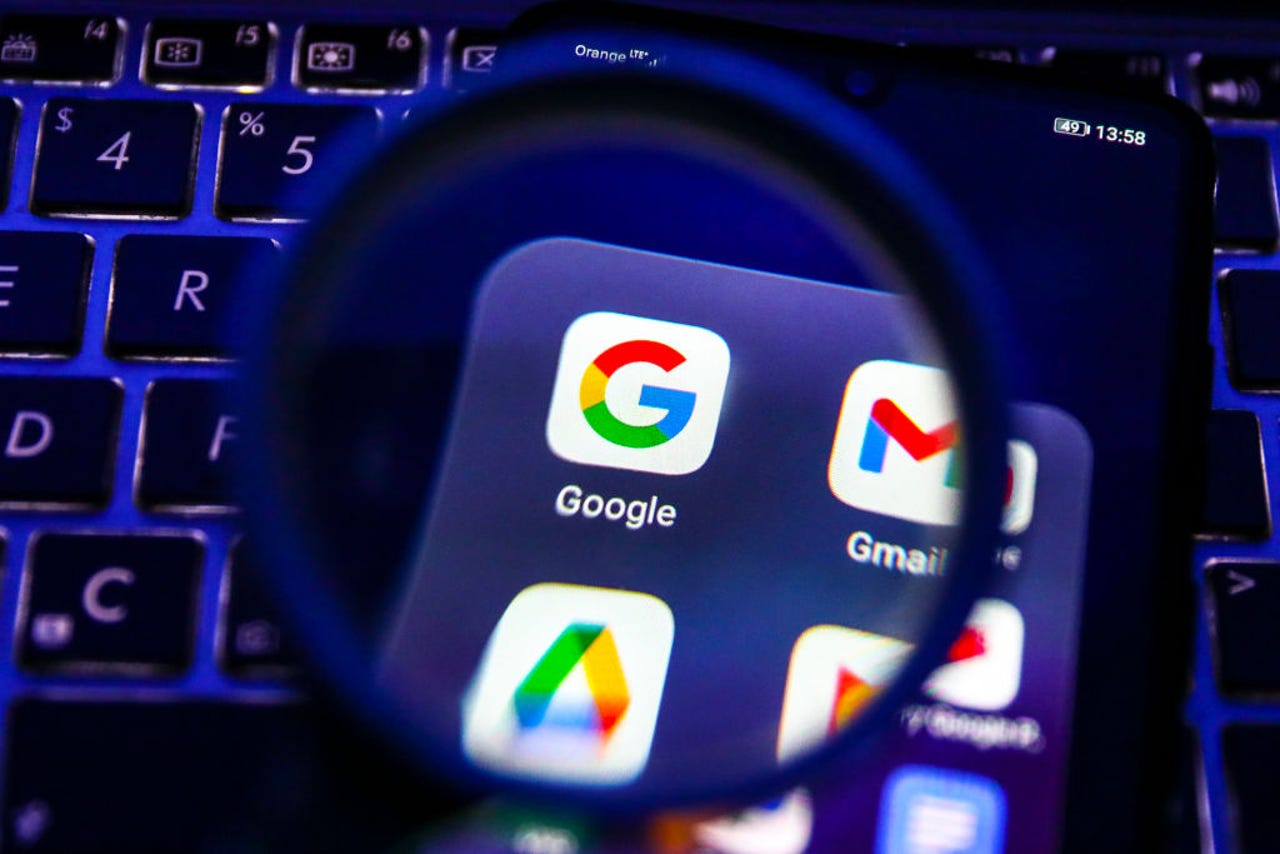Google can now check your grammar - sometimes


If you're unsure if a sentence you wrote is grammatically correct, you can now ask Google to check it for you.
According to 9to5Google, a new grammar feature in Google Search can offer corrections and suggestions to a sentence that's grammatically incorrect. The new feature can also tell you if your sentence is already correct.
Also: Google's new settings let you remove your private info from search results. Here's how
Google's support page says the grammar check feature uses AI systems to analyze language input to the search bar. Of course, Google discloses that the AI systems may not be 100% accurate, particularly when analyzing incomplete sentences.
It's unclear when Google began to offer this feature, but it seems the grammar check option is still in its infancy. If you inquire about basic sentences, like "my dad are my hero," followed by "grammar check," Google will tell you that "are" should be changed to "is."
However, if you ask Google about slightly more complex and nuanced grammatical errors, like "the three students looked at each other," followed by "grammar check," Google offers search results for other grammar-checking services.
Also: How to set up a locked folder in Google Photos on Android (and why you should)
So, Google's grammar check feature spots very basic grammatical errors for now. The correct version of the example sentence above is "the three students looked at one another." Still, Google's grammar check feature didn't correct "the three students seen one another," showcasing that the feature has great limitations.
Google says the feature is only available in English and has yet to clarify if or when other languages will be able to use the feature in the future.